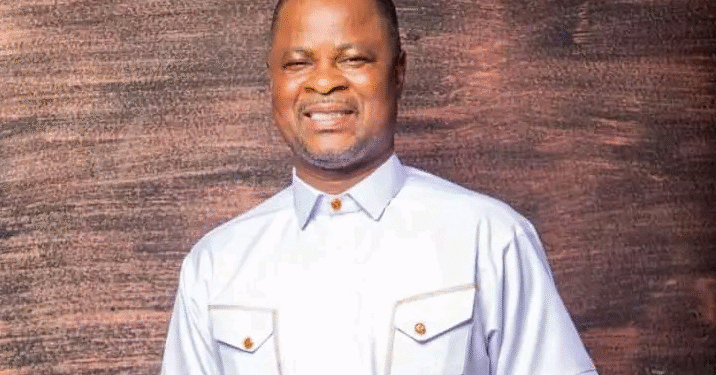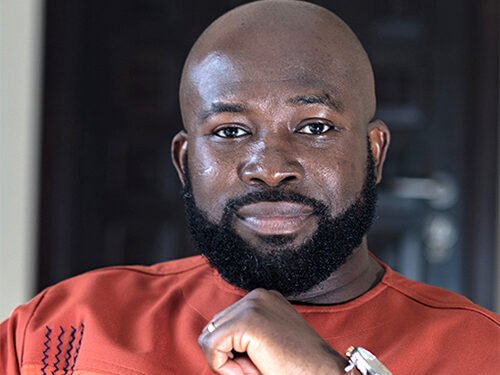Ghana has witnessed a tragic surge in road crashes, claiming lives at an alarming rate. From ordinary citizens to prominent creatives, no one seems immune to this recurring tragedy.
The loss of valuable talents such as Terry Bonchaka, Suzzy Williams, and Ebony Reigns has not only robbed Ghana of their potential contributions to the creative industry but has also left a void in the hearts of Ghanaians who fell in love with their creativity.
This cannot be dismissed as mere happening; it demands immediate attention and decisive measures.
The causes of these crashes are varied but are often rooted in issues such as reckless driving and inadequate road infrastructure. It is a multifaceted problem that requires a collaborative effort from all stakeholders.
Chief Executive Officer (CEO) of Media Excel Productions and a prominent music producer, Kwesi Ernest, highlighted key factors contributing to accidents among celebrities.
Ernest discussed issues such as insufficient sleep, distractions from phone calls or social media like TikTok, and late-night driving as major contributors to accidents involving public figures.
He emphasized the demanding nature of the entertainment industry, where creatives often find themselves driving late at night due to work commitments.
“Some celebrities travel at night because of their line of work, but they need to have enough sleep in the day, and stop watching TikTok videos. If possible celebrities can adopt the services of a driver,” Kwesi Ernest stated.
The insights shared by Kwesi Ernest shed light on the challenges faced by celebrities in maintaining their well-being amidst busy schedules and the importance of taking precautionary measures to prevent accidents.
The government, in particular, must take the lead in addressing these issues. Improved road safety measures and more strict enforcement of traffic laws are essential steps in the right direction.
However, the responsibility does not rest solely on the government’s shoulders. The creative community, too, has a role to play. Prominent figures such as Wendy Shay and Kuami Eugene, who have narrowly escaped such tragedies recently, can lend their voices to raise awareness and champion campaigns for road safety.
The call to action needs to be taken now. Relevant measures are to be taken to preserve the lives on roads. Citizens of Ghana need to come together and address the crisis to make the roads safer for all.
Ghanaians Taking Responsibility

The statement “Ghanaians should help themselves, not rely on politicians who always fail us” reflects a sentiment often expressed in many countries around the world.
It suggests that citizens have a responsibility to actively contribute to the development and improvement of their communities rather than solely relying on politicians or the government to solve all problems.
A popular Ghanaian singer, Kwesi Arthur, urged Ghanaians to take their futures into their own hands and not rely too heavily on politicians to fix the country’s economic problems.
Kwesi Arthur noted that he observed that the improper handling of the economy has been the norm for a very long time.
“I think every individual should just do the best in their power to, you know, be the change they want to see as well. Don’t try to depend on anybody, or have expectations for these people. Because we expected for so long. My grand mummy, died at 80-something years old. And like, every time, she would talk like how the problems of the country, you know, and it’s like the past generations, every time somebody new comes inside [power], the same thing. It even gets worse.”
Kwesi Arthur
While politicians play an essential role in governance and policy-making, it is important to acknowledge that sustainable progress requires collective efforts from both citizens and the government.
In this context, “helping themselves” could mean actively participating in community development projects, engaging in civic activities, supporting local initiatives, and fostering a sense of personal responsibility towards building a better society.
However, it’s worth noting that blaming politicians solely for failures or expecting citizens to solve all societal issues independently can oversimplify complex challenges.
Effecting meaningful change often requires collaboration and dialogue between citizens and policymakers. Both parties have crucial roles to play in improving the quality of life and addressing societal concerns.























